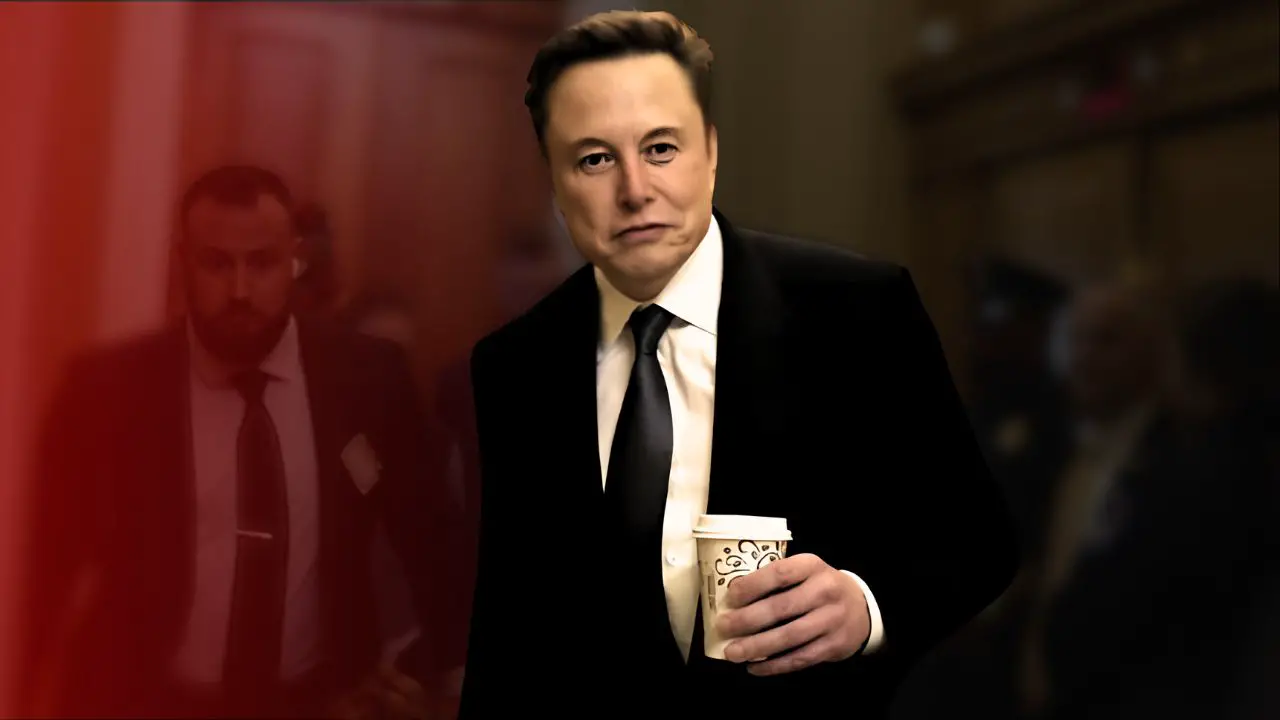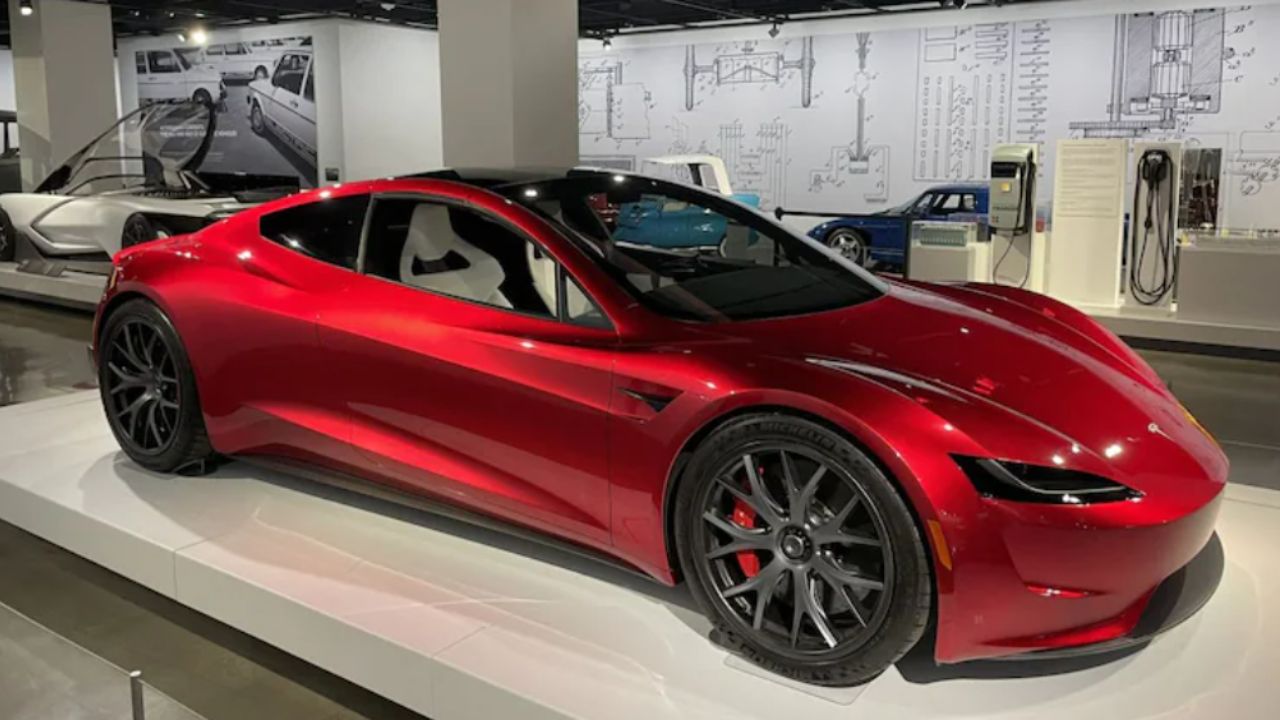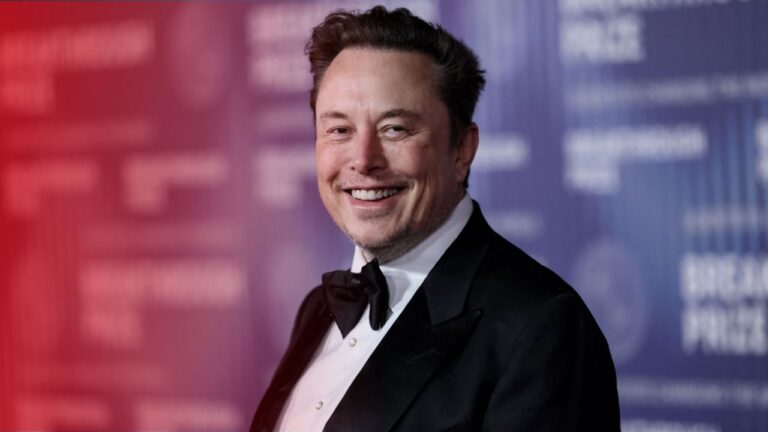Elon Musk’s $0 Salary Bombshell: Genius Move or Corporate Con?

The World’s Richest Man Hasn’t Taken a Tesla Paycheck in 7 Years—But He’s Still Laughing All the Way to the Bank

Elon Musk, the billionaire visionary behind Tesla, SpaceX, and X, just dropped a bombshell that’s lighting up the internet: he hasn’t taken a salary from Tesla for seven years, despite growing the company’s value by a jaw-dropping 2000%. In a viral X post on June 2, 2025, Musk shared a Wall Street Journal report revealing that Tesla paid him $0 in 2024, making him the lowest-paid CEO in the S&P 500. Zero. Zilch. Nada.
Sounds noble, right? A selfless leader working for the greater good? Not so fast. Dig a little deeper, and this story gets a lot messier—and it’s got people on X absolutely losing their minds.
The $56 Billion Elephant in the Room
Musk’s $0 salary isn’t exactly a tale of sacrifice. Back in 2018, Tesla shareholders approved a record-breaking $56 billion compensation package for Musk—the largest of its kind for any CEO in U.S. history. The deal was performance-based: Musk would earn massive stock awards if Tesla hit ambitious milestones, like a $650 billion market cap. Spoiler alert: Tesla crushed it, soaring past those targets as its stock skyrocketed.
But here’s the catch. In January 2024, Delaware Chancellor Kathaleen McCormick struck down the package, calling it unfair. She argued Musk essentially dictated his own pay, strong-arming Tesla’s board without proper negotiation. Musk appealed, lost again in December 2024, and appealed again in March 2025. Meanwhile, Tesla shareholders voted 77% in June 2024 to reinstate the package, but the court still hasn’t budged.
So, Musk has been running Tesla without a salary—or that massive stock payout—for seven years. Sounds rough, right? Except… he’s still the richest man on Earth.
No Salary, No Problem: How Musk Still Wins
Let’s talk numbers. According to Forbes, as of May 2025, Musk’s net worth sits at a staggering $424.7 billion. A huge chunk of that comes from his 12% stake in Tesla (excluding options), which has appreciated massively as the company’s stock surged—up 58% since April 2024 alone, per Bloomberg. Musk doesn’t need a salary when his wealth grows by $33.5 billion in a single day, as it did on October 24, 2024, after Tesla’s stock jumped 22%.
And don’t forget: Musk has a history of cashing in on stock options. In 2021, he paid $11 billion in taxes—the largest single-year tax bill in history—after exercising options to sell Tesla shares. Critics on X, like
@CaptainCoriolis, accuse Musk of dodging taxes by borrowing against his shares instead of taking a salary. “Stop virtue signalling and pay some income tax like the rest of us!” they fumed. But Musk clapped back years ago, pointing out he paid 53% in taxes on his 2021 stock options—hardly the move of a tax evader.
So, while Musk’s $0 salary makes for a great headline, it’s not like he’s eating ramen noodles. He’s playing a different game—one where stock appreciation and strategic loans keep him flush, no paycheck required.
The Internet Is Divided (Shocker!)
The X reactions to Musk’s post are a wild mix of awe, outrage, and conspiracy theories. Supporters like @Prashant_1722 hailed Musk as “one of the biggest value creators of all time,” while
@Lewant222 gushed, “Elon Musk doesn’t care about money. He cares about achieving his goals. If you do what you love, the money will come. ” Others, like
@StarSun2, were shocked: “I can’t believe [it]. You deserve your remuneration. ”
But not everyone’s buying the hero narrative.
@captrus1 wasn’t impressed, snapping, “Why do you need to get paid when you have billions of its stock? Trying to play a victim or what?”
@SpaceSudoer called the court’s rejection of the shareholder vote “literal tyranny,” while @WW2TheEasternFront pointed out, “You don’t pay taxes on unrealized wealth—if you get a salary, you have to pay taxes. It’s not like it’s from the goodness of your heart.”
The debate has exploded into a trending topic on X: “Elon Musk’s compensation from Tesla—zero salary for seven years, but his stock value soars.” It’s the kind of controversy that thrives on social media—part admiration for Musk’s hustle, part skepticism about his motives, and all wrapped up in a juicy corporate drama.
Is This Fair—or a Flawed System?
Musk’s situation raises bigger questions about wealth, power, and corporate governance. On one hand, he’s undeniably transformed Tesla into a global powerhouse, making electric vehicles mainstream and delivering insane returns for shareholders. Tesla’s market cap hit $1 trillion in 2021, and despite recent dips, it remains a titan. Shouldn’t Musk be rewarded for that?
On the other hand, the Delaware court’s ruling highlights a real issue: Musk’s influence over Tesla’s board. Chancellor McCormick argued the board “capitulated” to Musk’s terms, failing to negotiate a fair deal. Tesla investor James McRitchie told Reuters in May 2025 that the board’s reluctance to challenge Musk stems from his sway over their appointments—and their own hefty paychecks. (Board chair Robyn Denholm has faced criticism for her high compensation, too.)
Then there’s the broader context. Musk’s companies have benefited from $38 billion in government contracts, loans, and subsidies over the years, per a Washington Post analysis. Tesla’s first full year of profitability in 2020 relied heavily on $1.6 billion in automotive credits—without them, the company would’ve lost $718 million. Musk has since called for ending EV tax credits, saying they’d hurt competitors more than Tesla. Convenient timing, now that Tesla dominates the market.
What’s Next for Musk—and Tesla?
The Delaware court saga isn’t over. Tesla’s board, led by Robyn Denholm, is reportedly working on a new compensation package for Musk, possibly tying stock options to fresh company goals like affordable EVs or robotaxis. But Musk’s focus has been scattered lately—between advising Donald Trump, running SpaceX, and building xAI, some investors worry he’s spread too thin. Tesla’s stock has taken hits, losing a quarter of its market value since early 2025, and first-quarter profits in 2025 dropped 71% to $409 million.
Still, Musk remains Tesla’s biggest asset—and its biggest risk. As Gene Munster of Deepwater Asset Management told Reuters, “Is Musk bigger than Tesla? The answer is yes.” Replacing him would be near-impossible, but his polarizing politics and legal battles could alienate shareholders and customers alike.
Why This Matters to You
Musk’s $0 salary isn’t just a quirky billionaire story—it’s a window into how wealth and power operate at the highest levels. While most of us are grinding for a paycheck, Musk is playing 4D chess with stock options, loans, and corporate control. It’s a system that lets the ultra-rich get richer, often with taxpayer help, while the rules feel different for everyone else.
So, what do you think? Is Musk a genius who deserves his billions, or a master manipulator gaming the system? Drop your thoughts in the comments, share this story, and let’s get this debate going viral. Because if there’s one thing we can all agree on, it’s that Elon Musk knows how to keep us talking.






